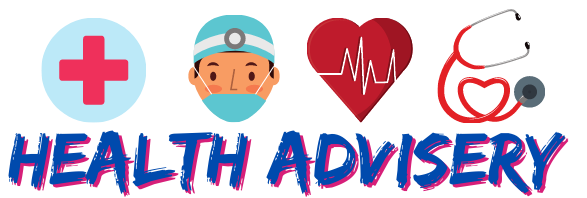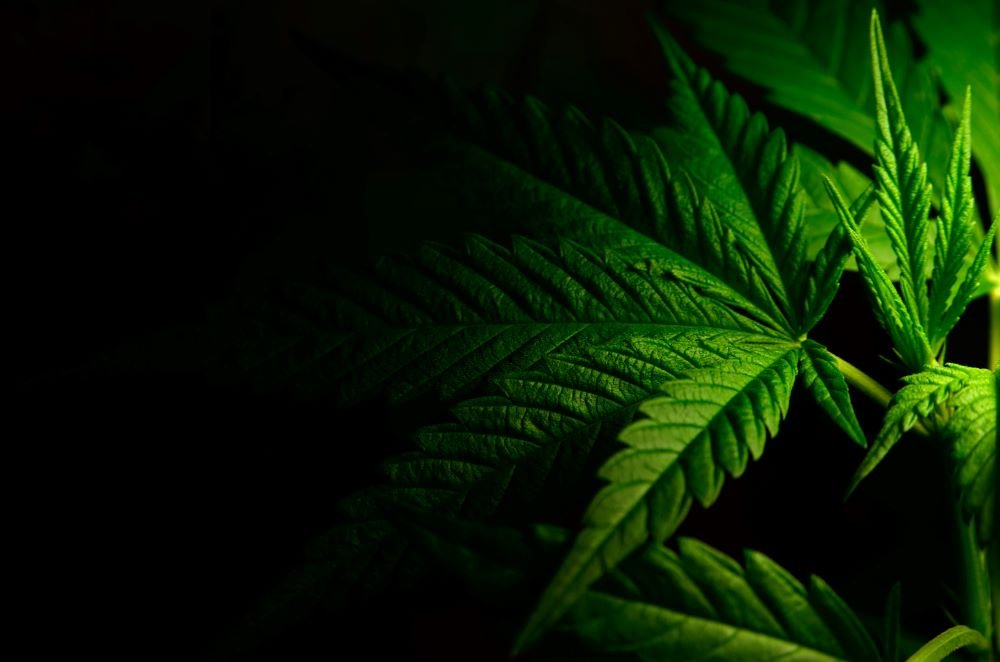Utah is among the more than three-dozen states that have approved the use of medical cannabis for certain qualifying conditions. Among those conditions are chronic pain and PTSD. To my knowledge, no states have given the green light to using medical cannabis as a harm reduction strategy for those addicted to stronger drugs. Is it time to change that?
I ask because drug addiction, including alcohol dependence, is treated as a disease rather than a behavioral problem. Whether that is right or wrong is not the point of this post. Here is the point: if addiction is a disease, should it not be treated with medical interventions? And if medical interventions are the right way to go, medical cannabis seems like a reasonable candidate.
Table of Contents
Getting People Off Other Drugs
Zion Medicinal is a medical cannabis pharmacy in Cedar City, Utah. It serves both Cedar City and St. George. According to pharmacy personnel, chronic pain is the number one condition cited by medical cannabis card applicants. Utah is not alone in this regard. Pain is the top condition for which people are treated with medical cannabis across the country.
The interesting thing is that there is plenty of anecdotal evidence demonstrating chronic pain patients being able to reduce prescription opioid consumption after starting a cannabis regiment. Many medical cannabis patients have stopped using opioids altogether.
Cannabis’ ability to help people get off other drugs is truly amazing if you’re willing to give credence to anecdotal evidence. Here’s hoping somebody decides to do a tightly controlled research study to unequivocally prove or disprove the anecdotal evidence.
Cannabis for Harm Reduction
Speaking of research studies, the Harm Reduction Journal recently published the results of a study out of rural Michigan. Researchers analyzed data from a harm reduction program through which known drug users were given cannabis as a supplement to harder drugs including opioids and methamphetamine. The data came from an observational period running from September 2021 through May 2023.
One of the study participants was in the harm reduction program due to past issues with opioids. He had managed to abstain for two years, as proven by legally mandated drug screenings, when he had to undergo spinal fusion neck surgery. Fortunately, he was still able to stay away from opioids after the surgery. Not so with alcohol.
The patient reported that using cannabis to treat his pain helped him reduce alcohol consumption and eliminated any thoughts of returning to opioids.
Another study participant was a pregnant woman in her twenties. As an addict using both methamphetamine and opioids, she was offered cannabis as a supplement. She subsequently began reducing her meth and opioid consumption. She ultimately worked with program staff to transition to legal MOUD medications designed to get her off opioids altogether.
A Successful Program
Researchers noted one success story after another in the Michigan harm reduction program. When program participants were offered cannabis, they were likely to significantly reduce or stop using other drugs altogether. The evidence is pretty conclusive.
Even in cases where program participants could only reduce more serious drug use, researchers posited that cannabis presented less harm. They say it helped patients enjoy better quality of life, better pain moderation, and increased recovery outcomes.
The idea of harm reduction is not new. We have seen it practiced in a variety of programs – including programs that provide free needles to heroin addicts. Perhaps it’s time to consider medical cannabis as the potential harm reduction intervention among hard drug users. If cannabis can help reduce dependence on drugs that are clearly more dangerous, we would be foolish to ignore it.

